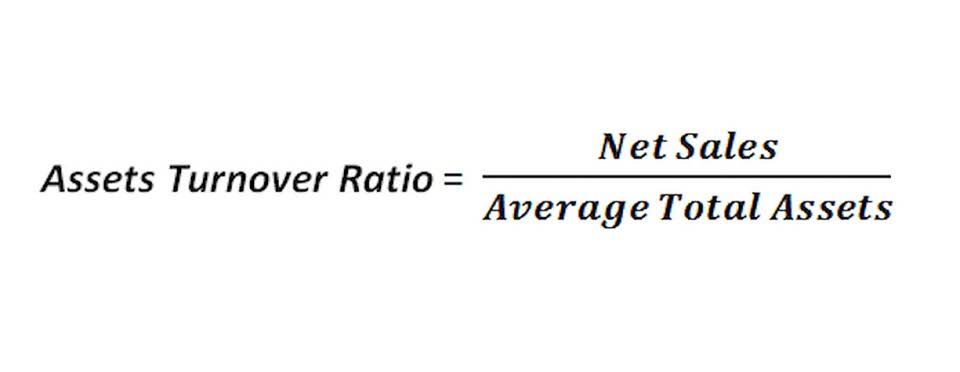Content
- Maximizing ROI on Labor Costs
- Do you need assistance implementing the best software for your architectural firm?
- Best Software For Bookkeepers (2023 Updated)
- How Your Small Architectural Firm Can Afford a Fully Functional Back Office
- Choosing the Right Accounting Software
- Accounting for estate agents

Opening new branch offices or
purchasing a firm to facilitate the expansion of a practice can be an expensive
and risky endeavor. The purpose of the following listing of criteria is to
provide a basis for facilitating discussions and decisions regarding the
opening and/or closing of branch offices. Costs, staff, outsourcing, or contractors are all needed to get their payment on time following the timesheets. Architectural, engineering, construction, manufacturing, and energy enterprises need this essential software. Since charges must be correctly documented and allocated by architecture companies, this software’s invoices use OCR technology, distributing them to relevant tasks. Rotessa is a cloud-based platform for pre-authorized debits that automatically enables you to charge your customer’s bank account for all invoices.
- You may be able to utilize some of QuickBooks’s features with greater ease and precision once you integrate your other ERP programs.
- Several prominent US corporations, engineering firms, and SMEs utilize NetSuite software for its adaptable and resilient cloud computing.
- Consequently, you need to measure profits and losses, utilization, margins, earned value, and more on a much more frequent basis.
- You might start to wonder where you should start and if it matters where you start.
- All architects require at least some knowledge about running a
business, and many architects require a lot of knowledge. - Core by BQE Software, a dedicated Platform Sponsor here at EntreArchitect, unifies all the disparate data you need like invoicing, time and expense entries, accounting, project management, and business intelligence.
Their integration system includes HR, PSA, ERP, CRM, inventory and supply management, and more. Architectural accounting software is made up of stand-alone modules that feed entered data into the general ledger system that generates the needed financial or management reports. Each module works independently and allows for the generation of reports from it to verify accuracy of entered data and provide needed information to managers. As a result, picking and utilizing the most suitable accounting software tool will be the first priority for designers or firms. In addition, the software enables users to monitor cash flow as well as forecast the projected cash flow that needs to be reimbursed. An additional component of managing project finances is fulfilling timelines.
Maximizing ROI on Labor Costs
Fortunately, there are great cloud-based tools and software available to today’s firm which can assist the small business owner to manage his/her finances. In addition to the accounting tools, your firm must have a project management tool to manage the fees by project, project phases, and services in general. Packages range from modest ones like Core BQE (formerly archioffice) and Ajera to more comprehensive accounting for architects ones such as Deltek VantagePoints. Tracking your hours per phase and service is the best way for an architecture firm to determine its efficiency, utilization, and profitability at the end of the year. Why is accounting for an architectural firm different to any other business? All businesses deal with common financial matters such as managing cash flow and keeping an eye on the bottom line.

Your expertise in your market allows you to detect even the tiniest fluctuations in your activities. Thus, shouldn’t your accounting software be as smart about financial metrics as you are about market metrics? QuickBooks offers intelligent reporting systems that provide you actionable insights about your business. Some of these reports include A/R Aging Summaries, Outstanding Invoice reports, Profit and Loss, Balance Sheet, and more.
Do you need assistance implementing the best software for your architectural firm?
Being in the business of designing properties often requires working with a lot of numbers. This fact makes architecture accounting https://www.bookstime.com/ services and bookkeeping complicated. You need to pay commissions, juggle realtor fees, and pay vendors daily.
- “If you have a $20 million annual revenue firm and your operating expenses are $18 million, you need $1.5 million of liquid cash for each month of your average collection period.
- These costs are typically not included in the preliminary budget of the project.
- Many of the best platforms that are designed for the needs of realty professionals have flawless QuickBooks compatibility.
- Plus, you might think that focusing on great design is the key to a successful business.
- The essential difference is a firm who only does the design work versus a firm that wants to have both design and construction under one roof.
Understanding your tax liability per job as well as overall can help you make better purchase and hiring decisions in your company. There is little worse in business than being unprepared to pay an enormous tax bill. Project accounting gives you the ability to produce reports whenever necessary, to consult with design managers and clients. Having financial information whenever needed offers the opportunity to make financial decisions quickly regarding the progress of each specific project.
Best Software For Bookkeepers (2023 Updated)
This provides an added tool for marketing efforts when attracting new clientele. Architectural accounting falls under the auspices of the “management” accounting branch that consists of government accounting, public accounting, internal auditing and management accounting. Construction firms, engineering firms and architectural firms all use a subset of management accounting called project accounting.
Another thing to pay attention to is how easily your accounting software integrates with your project management and time tracking software. Monograph is a cloud-based solution for designers, architects, and engineers to monitor all aspects of the project lifecycle. By using this software, designers can plan budgets and other resources, monitor recurring expenses, or track task performances. Accurate and rapid invoicing, cost monitoring, time tracking, project management, and reporting are the most important aspects of this software. Determining how to price your services is a skill that one acquires over time. There are very limited resources for firm owners to help with fee proposal writing with regard to percentage of fees for various project types and design phases.
Furthermore, the software has a robust analytic dashboard, enabling architects better control real-time data. The tool helps keep projects on track regarding both timeliness and cost. It’s perfect for companies that provide professional services, such as accounting, engineering, and IT. The software allows users to save a significant amount of time, energy, and money when examining their accounting procedures. In addition, monitoring your funds is accessible from any device with straightforward invoicing.







Komentar